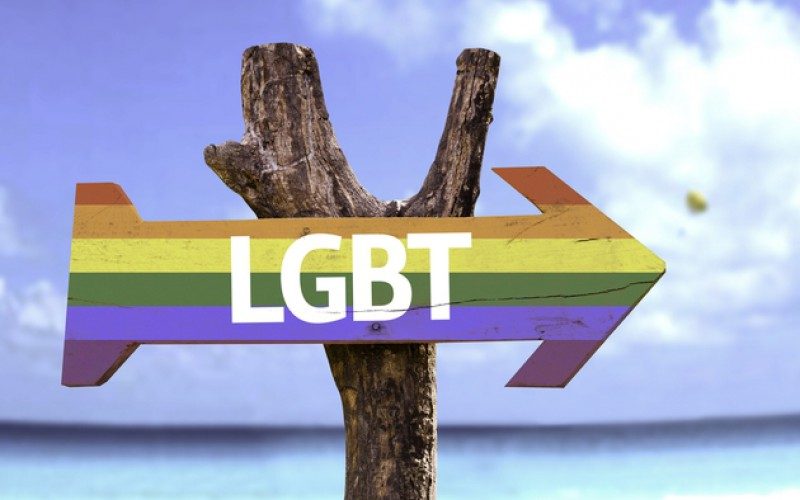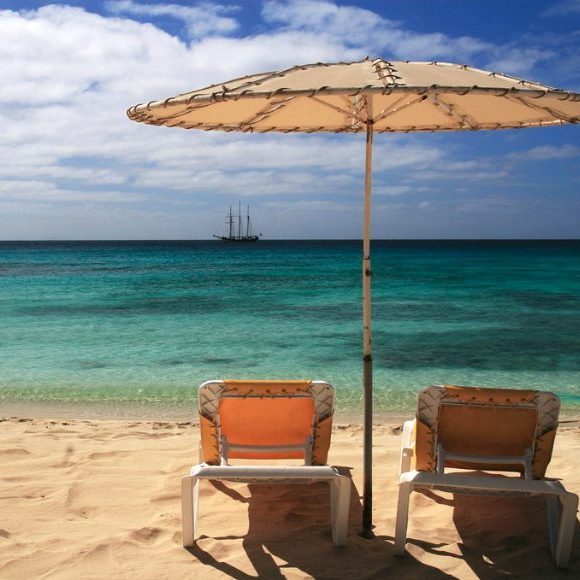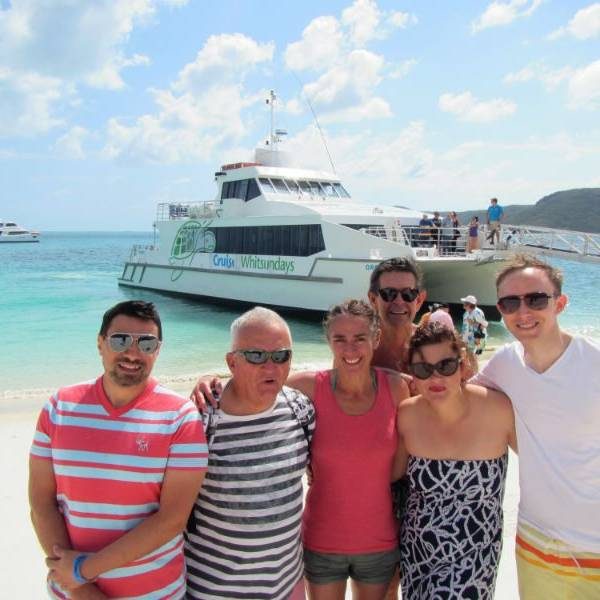 Other countries surpass Australia by actively promoting LGBT experiences and marriage equality
Other countries surpass Australia by actively promoting LGBT experiences and marriage equality
Once a must-see on the LGBT international traveller’s wish list, it seems Australia is losing ground to other global destinations, with a notable absence on recent holiday wish lists of the most gay-friendly places to visit.
Global travel authority Lonely Planet recently released its Best in Travel series for 2015, which forecasts the world’s emerging travel trends by nominating the best cities, regions and countries to visit.
Lonely Planet’s list of The Most Gay-friendly Nations on the Planet includes Uruguay, Iceland, Denmark and Spain. New Zealand, with its recent introduction of marriage equality, also features in the top 10 list.
New York’s influential Huffington Post has also issued a list of the top eight LGBT hot-spots and, while some expected cities like Berlin, Amsterdam and London feature, there is also a nod to Thailand and Scotland, the latter of which has recently legalised same-sex marriage.
That Australia is not featured on influential travel lists such as these is a result of both marketing and politics, according to Rod Stringer, President of Gay and Lesbian Tourism Australia.
“When you look at the destinations that are featured on these kinds of lists there’s a common thread – they are actively promoting a gay-friendly welcome and, in some cases, a progressive equality is cultivating a sense of confidence for travellers to visit.
Australia’s gay-friendly profile has largely been driven by the enduring global appeal of the Sydney Gay & Lesbian Mardi Gras event, which continues to be a major international drawcard, but more needs to be done in key inbound markets to promote experiences and regional areas to reinvigorate interest.”
Mr Stringer recently represented GALTA at the International Gay & Lesbian Travel Association (IGLTA) Global Convention in Los Angeles, an annual forum which this year attracted over 400 delegates from 27 nations, and said that the range of destinations with a future marketing focus on LGBT travellers means Australia needs to plan now to refresh its profile.
“Traditional destinations are still investing in the LGBT market through marketing campaigns and sponsorships, but there are also efforts being made by Japan, Africa and some parts of South America. Another indication of this increasing global focus is emerging interest in targeting Chinese LGBT travellers, the estimated market size of 40-70 million people, which had a particular focus at the Convention.”
“The other key driver for LGBT travellers in selecting a place to holiday is how progressive it is with regard to equality and the move by an increasing number of nations to legalise same-sex marriage is influencing travel choice. Sadly, Australia is viewed as one of the least progressive in this regard and that is not helping to attract international LGBT visitors.”
GALTA recently established a strategic partnership with IGLTA with a view to rebuilding the global profile of Australia in the LGBT arena and Mr Stringer said that marketing support from Tourism Australia and the state tourism bodies would assist in realising potential opportunities associated with the partnership.
“GALTA’s alliance with IGLTA is very much about extending the reach of Australia’s gay-friendly holiday welcome to international visitors and a concerted marketing push on all fronts will help to restore this reputation and enable the industry to benefit from what is a lucrative visitor market with a strong desire to travel.”



